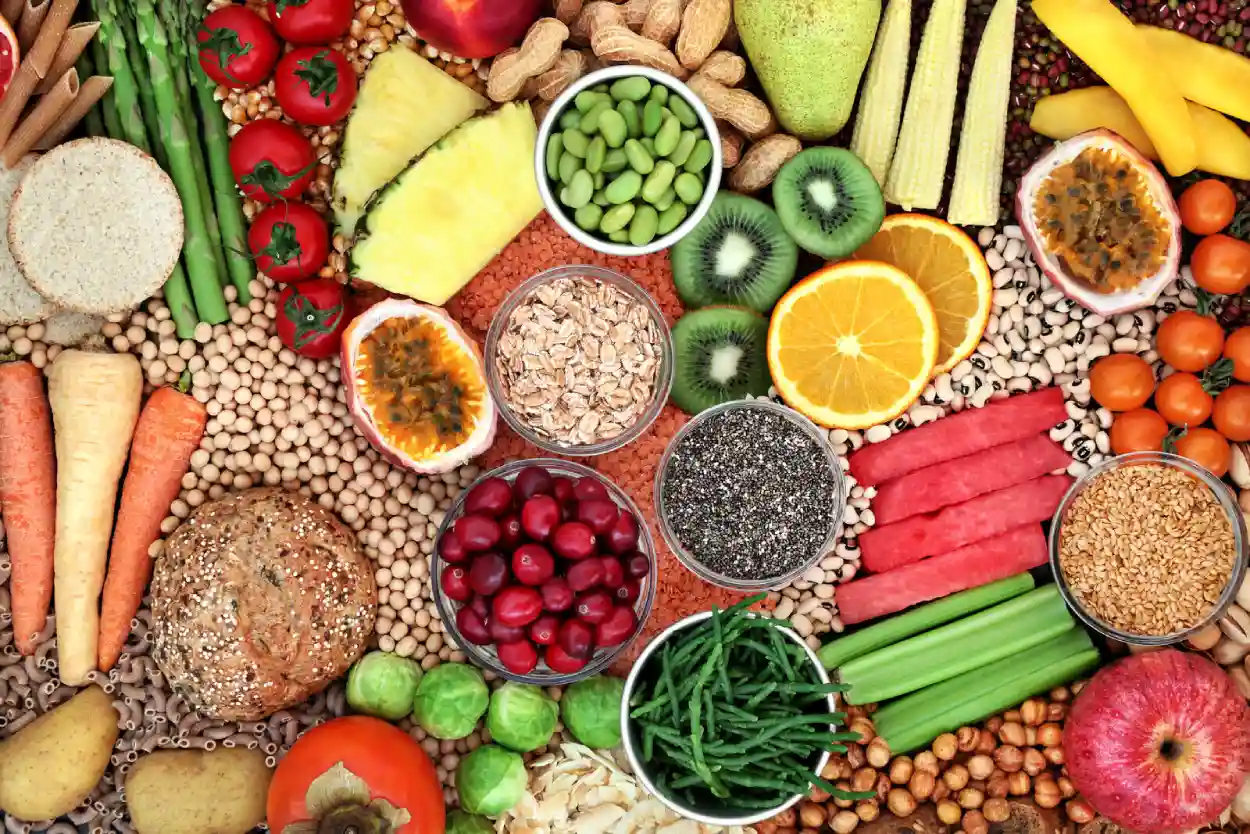A low fermentation rate, low osmotic activity, insolubility and a high viscosity of soluble dietary fibres have been identified as characteristics which are beneficial independent from the type of IBS. Soluble and non-viscous dietary fibres can be beneficial depending on the occurrence of diarrhoea and their state of hydration. This finding highlights the importance of targeting a specific type of IBS.


